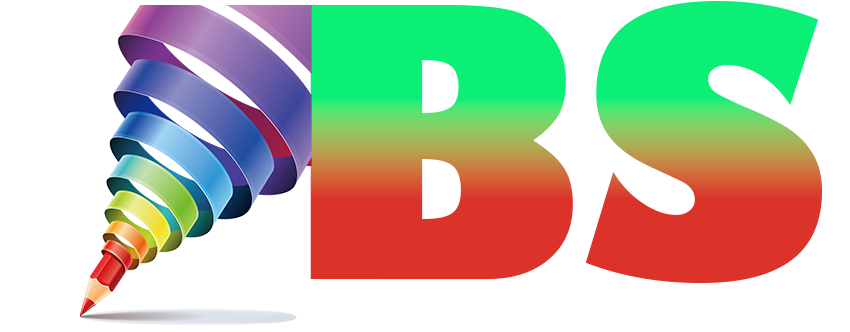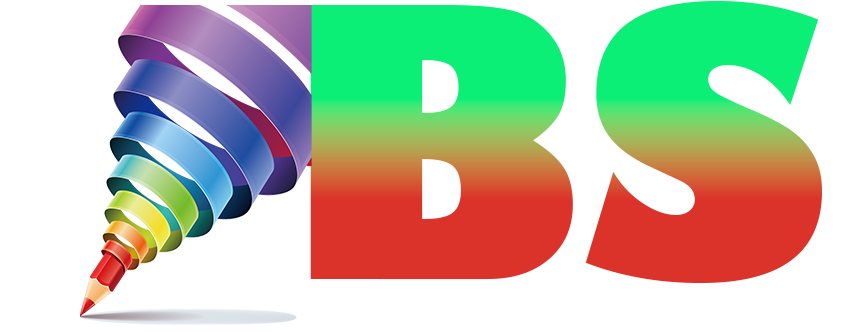Acne treatment is determined on the severity of the condition. Acne symptoms may improve after many months of therapy.
If you just have a few blackheads, whiteheads, or spots, a pharmacist should be able to advise you on how to properly treat them with over-the-counter benzoyl peroxide gels or creams (topical therapies).
A doctor's treatments
Consult a doctor if your acne is moderate or severe, or if over-the-counter medications haven't helped, since you may require prescription medication.
-The following prescription medications can be used to treat acne:
-Retinoids used topically
-antibiotics applied topically
-In women, azelaic acid antibiotic pills with the combination oral contraceptive pill
If you have severe acne or prescription medications aren't working, your doctor might send you to a skin specialist (dermatologist).
For mild to moderate or moderate to severe acne, a combination of topical treatments or antibiotic pills mixed with topical treatments is commonly prescribed.
Acne-prone women may benefit from hormonal treatments or the combination oral contraceptive pill.
However, the progestogen-only tablet or contraceptive implant can occasionally aggravate acne.
Many of these therapies might take 2 to 3 months to begin working.
Even if there is no instant result, it is critical to be patient and continue with a specified treatment.
Topical therapies (gels, creams and lotions)
Peroxybenzoyl peroxide
Benzoyl peroxide acts as an antiseptic to lower the quantity of microorganisms on the skin's surface.
It also reduces the quantity of whiteheads and blackheads and has anti-inflammatory properties.
Benzoyl peroxide is often sold as a cream or gel. It is used once or twice a day.
It should be administered to all acne-prone areas of your face 20 minutes after bathing.
It should be used cautiously since too much might cause skin irritation
It also makes your face more vulnerable to sunlight, so avoid excessive exposure to the sun and sources of ultraviolet (UV) radiation (such as sunbeds), or apply sunscreen.
Because benzoyl peroxide can bleach your hair and clothes, avoid getting it on them.
Retinoids used topically
Topical retinoids operate by eliminating dead skin cells from the skin's surface (exfoliating), which prevents them from accumulating within hair follicles.
Tretinoin and adapalene are acne-treating topical retinoids. They come in gel or cream form and are often administered once a day before going to bed.
Apply to all acne-affected areas of your face 20 minutes after washing your face.
It is critical to use topical retinoids judiciously and prevent excessive sun and UV exposure
Topical retinoids should not be used during pregnancy since they may cause birth abnormalities.
The most frequent negative effects of topical retinoids are minor skin irritation and stinging.
Typically, a 6-week course is necessary, although you may be encouraged to use the medication less regularly after that.
Antibiotics used topically
Topical antibiotics aid in the elimination of microorganisms on the skin that might infect clogged hair follicles. They come in the form of a lotion or gel that you apply once or twice a day.
Typically, a 6- to 8-week course is advised. Following this, therapy is normally discontinued due to the possibility that the germs on your face will grow resistant to the antibiotics.





